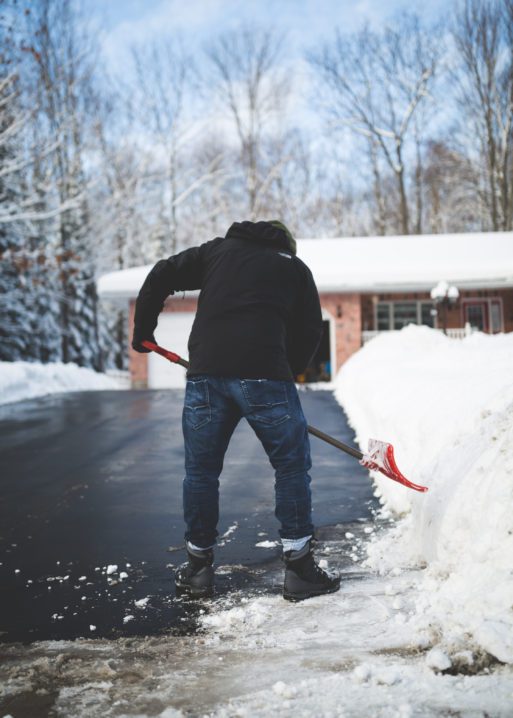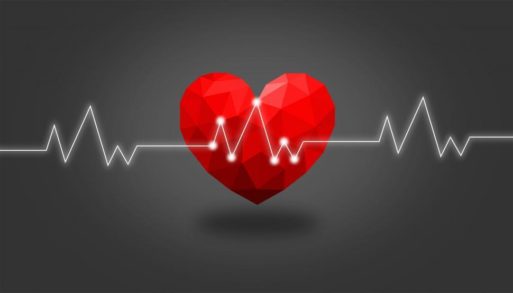 This time in December is typically associated with festive parties, holiday celebrations and all the joys and stresses that come along with them. But a surprising addition to December antics for many people is cardiac arrest. Research published by the American Heart Association’s journal, Circulation, goes so far as to label the winter holidays as a risk factor for cardiac death. That same study shares that the day with the highest cardiac mortality in the U.S. is Dec. 25th, followed by Dec. 26th, and Jan. 1st as the second and third most deadly days. That means the most deadly days for cardiac arrests are right around the corner.
This time in December is typically associated with festive parties, holiday celebrations and all the joys and stresses that come along with them. But a surprising addition to December antics for many people is cardiac arrest. Research published by the American Heart Association’s journal, Circulation, goes so far as to label the winter holidays as a risk factor for cardiac death. That same study shares that the day with the highest cardiac mortality in the U.S. is Dec. 25th, followed by Dec. 26th, and Jan. 1st as the second and third most deadly days. That means the most deadly days for cardiac arrests are right around the corner.
What could be the cause of such a spike in heart attacks and cardiac deaths? There’s not one answer to that question, but it does seem like cold weather could play a role. Dr. Mitchell Elkind, Chief Clinical Science Officer for AHA spoke to Fox Weather and shared, “We see every year during the winter months, in the cold months, that there’s about a 10% or more increase in the rate of fatal cardiovascular events, things like heart attacks and cardiac arrest when the heart stops beating altogether … But on top of that, right at Christmas and New Year’s, there’s a further, about 5%, increase in risk of those events.” Scientists know that the heart is working harder during winter, as the cold can make blood vessels constrict. Health Partners shares that this makes it harder for blood to reach your heart, and can be particularly problematic for people whose blood vessels are already lined with plaque.

Cold weather plus physical exertion can have deadly consequences for people with heart disease
But a simple explanation of cold weather doesn’t fully answer why specifically Dec. 25th, 26th, and Jan. 1st are so deadly. An AHA study found that cardiac deaths still spiked on those days in New Zealand, whose seasons are opposite the U.S. so December and January mark warm months. Another study published in Circulation also confirmed that the temperate city of Los Angeles experienced a 33% increase in cardiac mortality in December and January as opposed to June-September. Thus, there is a seasonal aspect to cardiac arrests regardless of weather temperatures, and in particular, the pressure and emotions of Christmas and New Year’s holidays may play a role.
Dr. Elkind elaborated in an AHA press release, “The holidays are a busy, often stressful time for many of us. Routines are disrupted; we may tend to eat and drink more and exercise and relax less. We’re getting too little sleep and experiencing too much stress.” He went on to point out that many of the cardiac arrests are people declared dead on arrival at the hospital, and hypothesized that many people are not paying attention to their body’s warning signs or hesitate to take a trip to the doctor during a busy holiday season.

While it’s tempting to get swept up in a frenzy of festivities, take time to prioritize your heart health. Don’t hesitate to go to the doctor if you notice any symptoms of a heart attack, and maybe refresh your CPR skills. Use these next two weeks in December to get a head start on healthy heart habits.

 Cardiac Arrests Spike Around the Holidays
Cardiac Arrests Spike Around the Holidays


 How Dare You Die Now!
How Dare You Die Now!

 “Help Me, Helen”
“Help Me, Helen”














